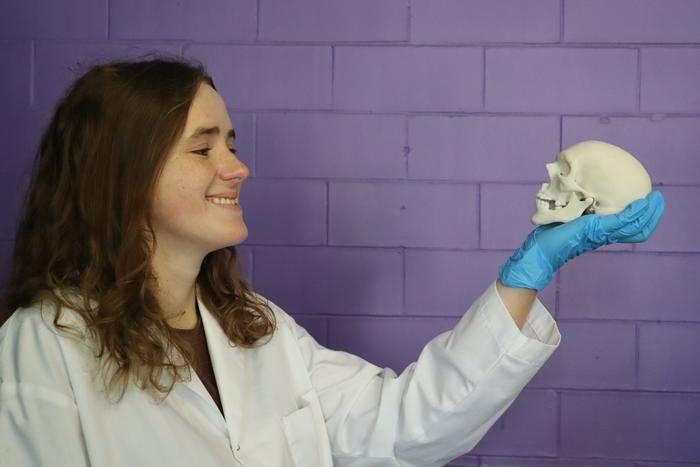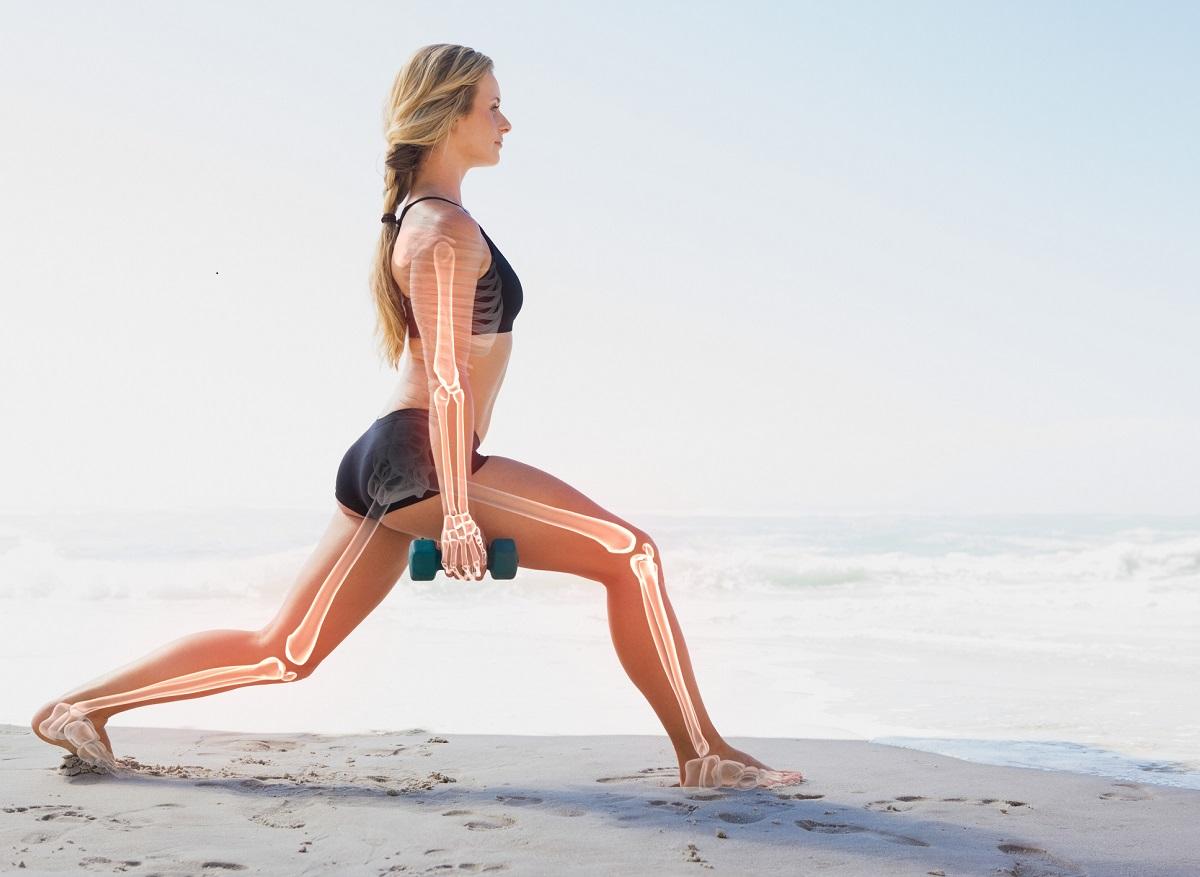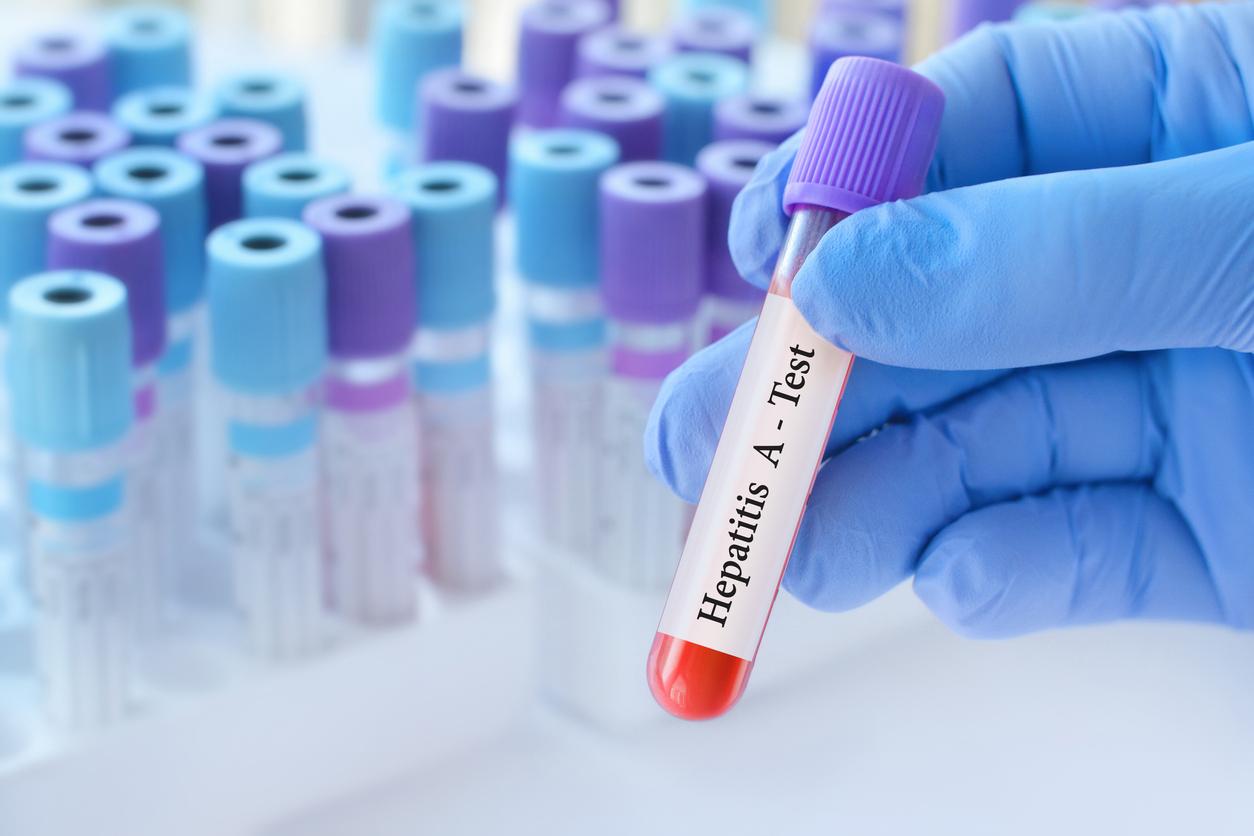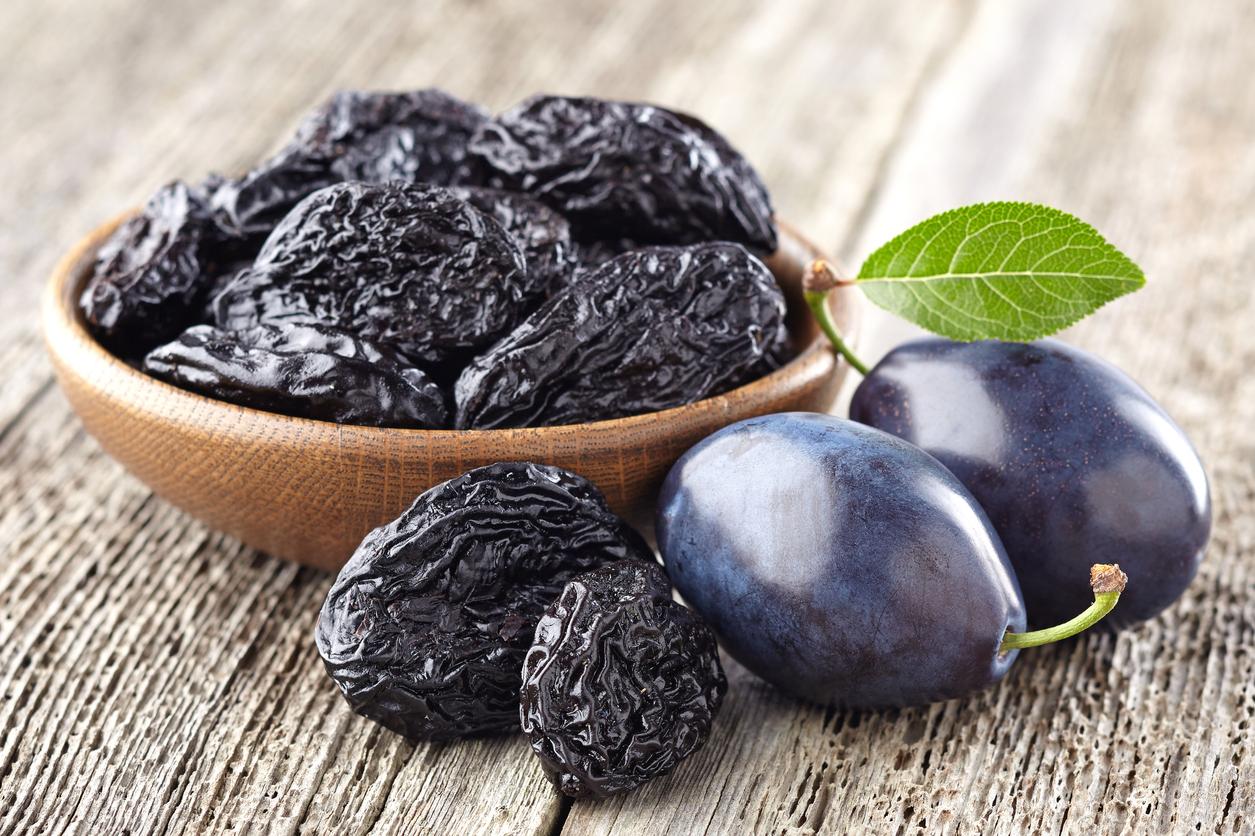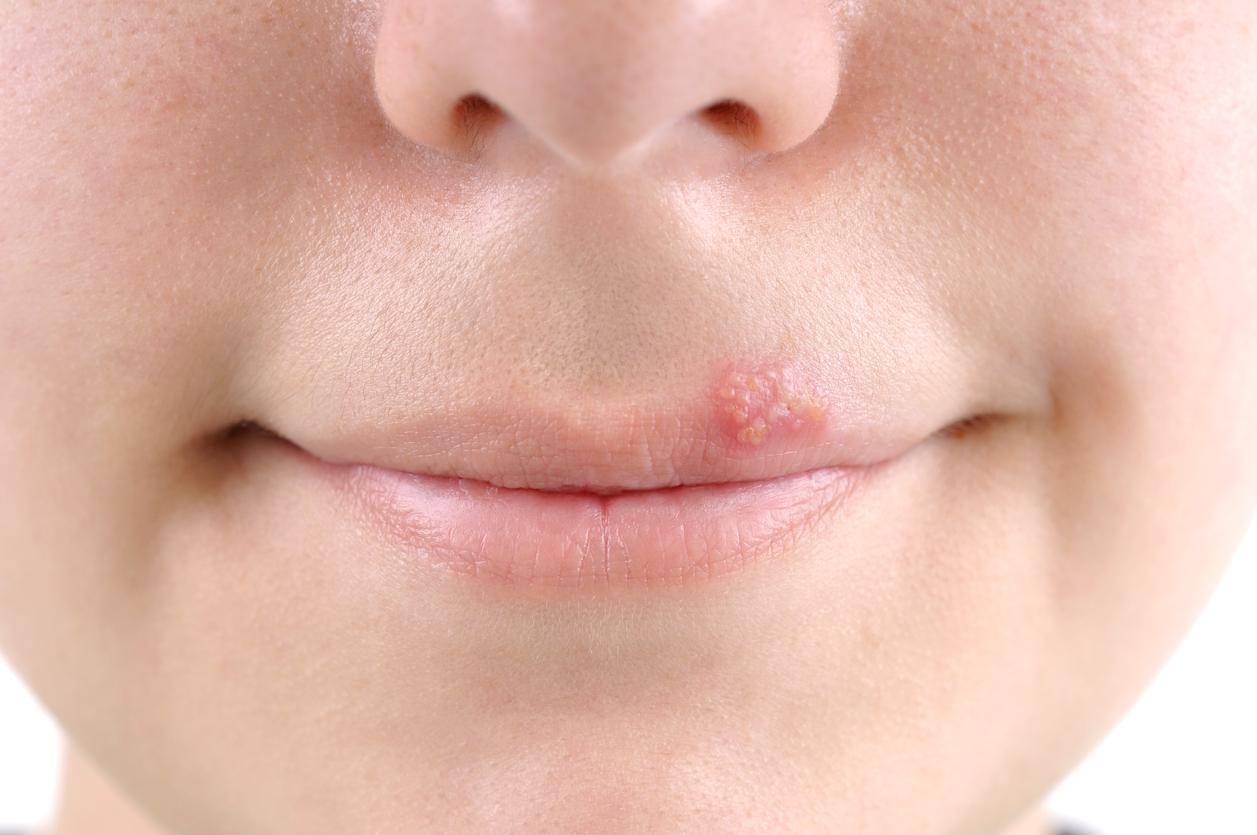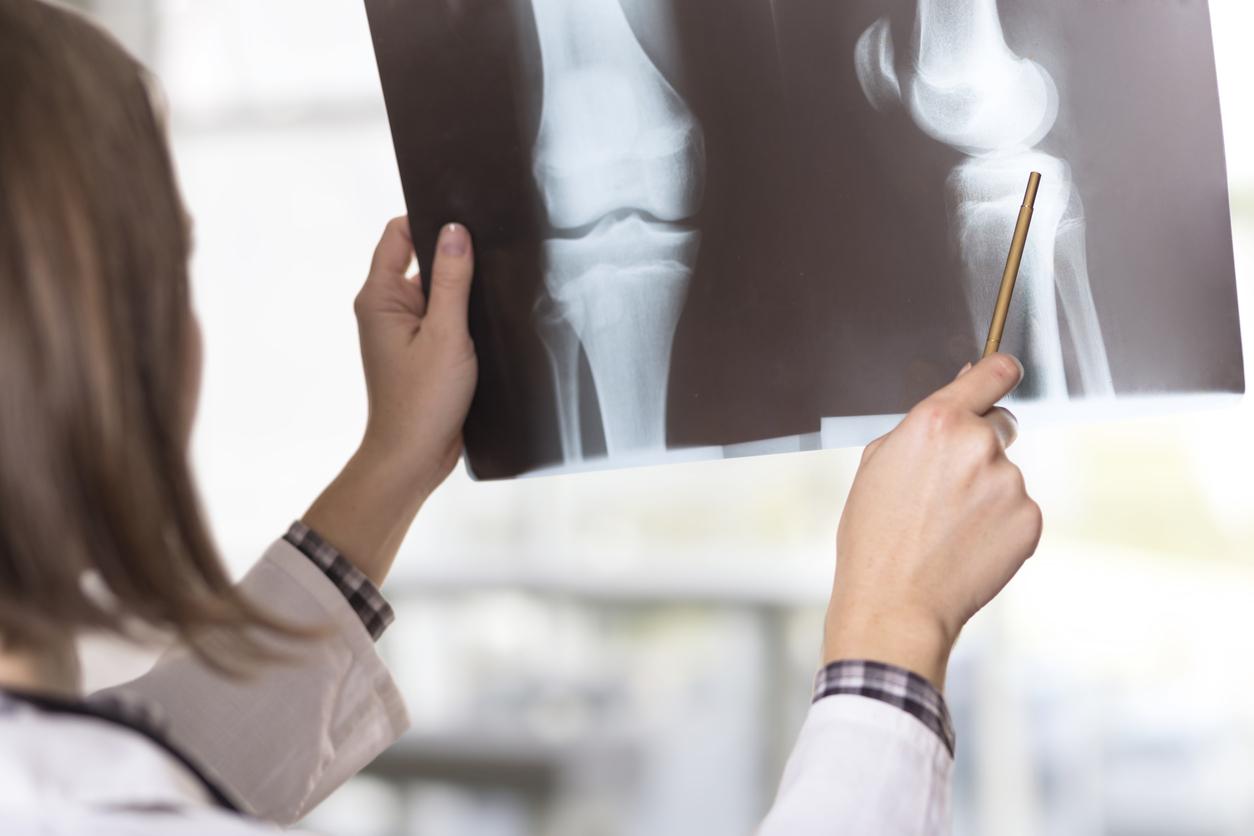Bone marrow donation is becoming more and more known, and above all seems better understood. Nevertheless, certain confusions and questions persist. While 90% of 18-35 year olds say they have heard of bone marrow donation, they are not only 30% to be able to talk about it in more detail. If the year 2022 ended on a record with 38,314 new registrations on the register of voluntary donors, the Biomedicine Agency wants to go even further.
What objectives for 2023? For the very first time, the national follow-up committee for the 2022-2026 ministerial transplant plan met to set better objectives and achieve the targeted results. Within the framework of this ministerial plan, the objectives amount to at least 25% of national donors by the end of the five years of the transplant plan. In 2022, this share is 8%. “We need everyone to succeed in achieving our goals!”says Marine Jeantet, Director General of the Biomedicine Agency, in a communicated.
Registrations of new voluntary bone marrow donors are on the rise in 2022!
Every year, 2,000 people with rare blood diseases need this donation. Take part in this gesture of solidarity here https://t.co/eFvdkgigQFpic.twitter.com/U1JNiRbrUz
– Biomedicine Agency (@ag_biomedecine) April 6, 2023
Masculinize, rejuvenate and diversify
To give everyone a better chance of recovery, the Biomedicine Agency wishes to encourage the recruitment of the profiles most sought after by transplant doctors, via three axes:
- Masculinize : 36% of men are part of the national donor registry, while more than 70% of marrow donors finally collected are men;
- Rejuvenate : age is indeed one of the most important criteria in donor selection. The youngest grafts are those which give patients the greatest chance, because they are richer in hematopoietic stem cells (produced by the bone marrow). In addition, the donor is contacted on average eight years after his registration: the earlier he registers, the more likely he is to be able to help a patient;
- To diversify : “Each person has their own genetic profile, determined in part by their origins and family genetic history. It is therefore essential that the register reflect the diversity of the origins of the French population and therefore of the patients.indicates the Biomedicine Agency.
In 2023, the Biomedicine Agency is therefore primarily targeting men aged 18 to 35 and calls on them to find out about bone marrow donation and to register (if they meet the conditions) on the national register of “Veilleurs de vie”, who can be called at any time to make a donation. .
How to register on the register? To be part of the national bone marrow donors, it is sufficient to fulfill three conditions:
- Be in perfect health;
- Be between 18 and 35 years old;
- Answer a medical questionnaire and take a biological sample to find out if you are compatible with a patient awaiting a transplant.










